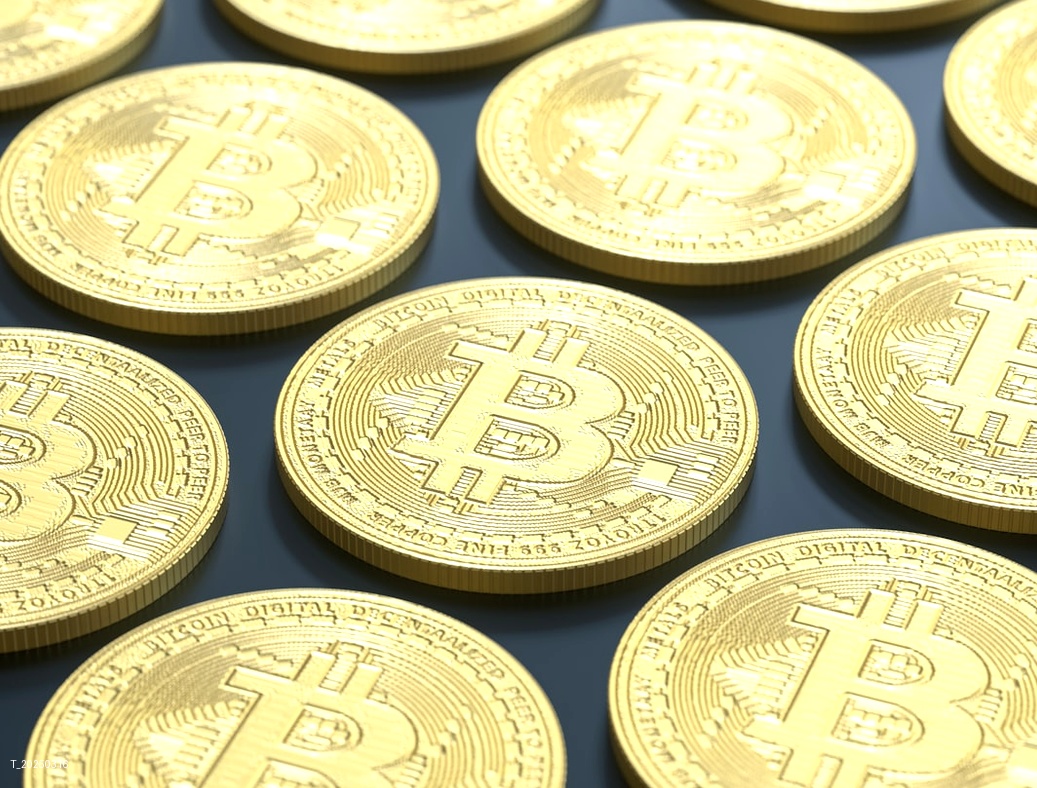The Future of Digital Trading: Decentralization vs. Traditional Markets
In the rapidly evolving landscape of financial technology, the digital trading future is undergoing a profound transformation. The emergence of decentralized trading platforms is challenging traditional market structures, presenting investors with unprecedented opportunities and complex considerations.
The Rise of Blockchain in Trading
Blockchain technology has become a game-changing force in the financial ecosystem. The integration of blockchain in trading represents more than just a technological upgrade—it’s a fundamental reimagining of how financial transactions can be executed.
Key Characteristics of Decentralized Trading Platforms
Decentralized trading platforms offer several critical advantages:
- Enhanced transparency
- Reduced intermediary costs
- Increased security through distributed ledger technology
- Greater accessibility for global investors
Cryptocurrency Trading Trends: A New Financial Frontier
The cryptocurrency trading trends demonstrate a significant shift in investor behavior. What was once considered a speculative market has matured into a sophisticated financial ecosystem with robust infrastructure.
The Ethereal Venue: Beyond Traditional Trading
The concept of an ethereal venue in digital trading represents a borderless, technologically advanced marketplace where traditional boundaries dissolve. This environment enables:
- Instantaneous global transactions
- Fractional asset ownership
- Complex financial instruments powered by smart contracts
Analytical Perspectives on Market Transformation
From an academic standpoint, the transition to decentralized platforms is not merely technological—it’s a paradigm shift in financial architecture. Traditional markets are being compelled to adapt or risk obsolescence.
Challenges and Considerations
While decentralized trading platforms offer numerous advantages, they are not without challenges:
- Regulatory uncertainty
- Volatility in emerging markets
- Complex user interfaces
- Scalability limitations
The Convergence of Traditional and Decentralized Systems
The future of digital trading will likely emerge from a hybrid model, where traditional financial institutions incorporate blockchain technologies and decentralized platforms develop more sophisticated regulatory frameworks.
Technological Convergence Strategies
- Incremental blockchain integration
- Development of user-friendly interfaces
- Enhanced security protocols
- Comprehensive regulatory compliance mechanisms
Conclusion: A Transformative Financial Landscape
The digital trading future is characterized by continuous innovation, technological sophistication, and a fundamental reimagining of financial exchange mechanisms. As blockchain in trading becomes increasingly mainstream, investors and institutions must remain adaptable and forward-thinking. Decentralized trading platforms are not just a trend—they represent a fundamental restructuring of how we conceptualize and execute financial transactions in an increasingly interconnected global economy.
Explore Digital Trading
Discover the future of decentralized markets and blockchain trading
Learn More